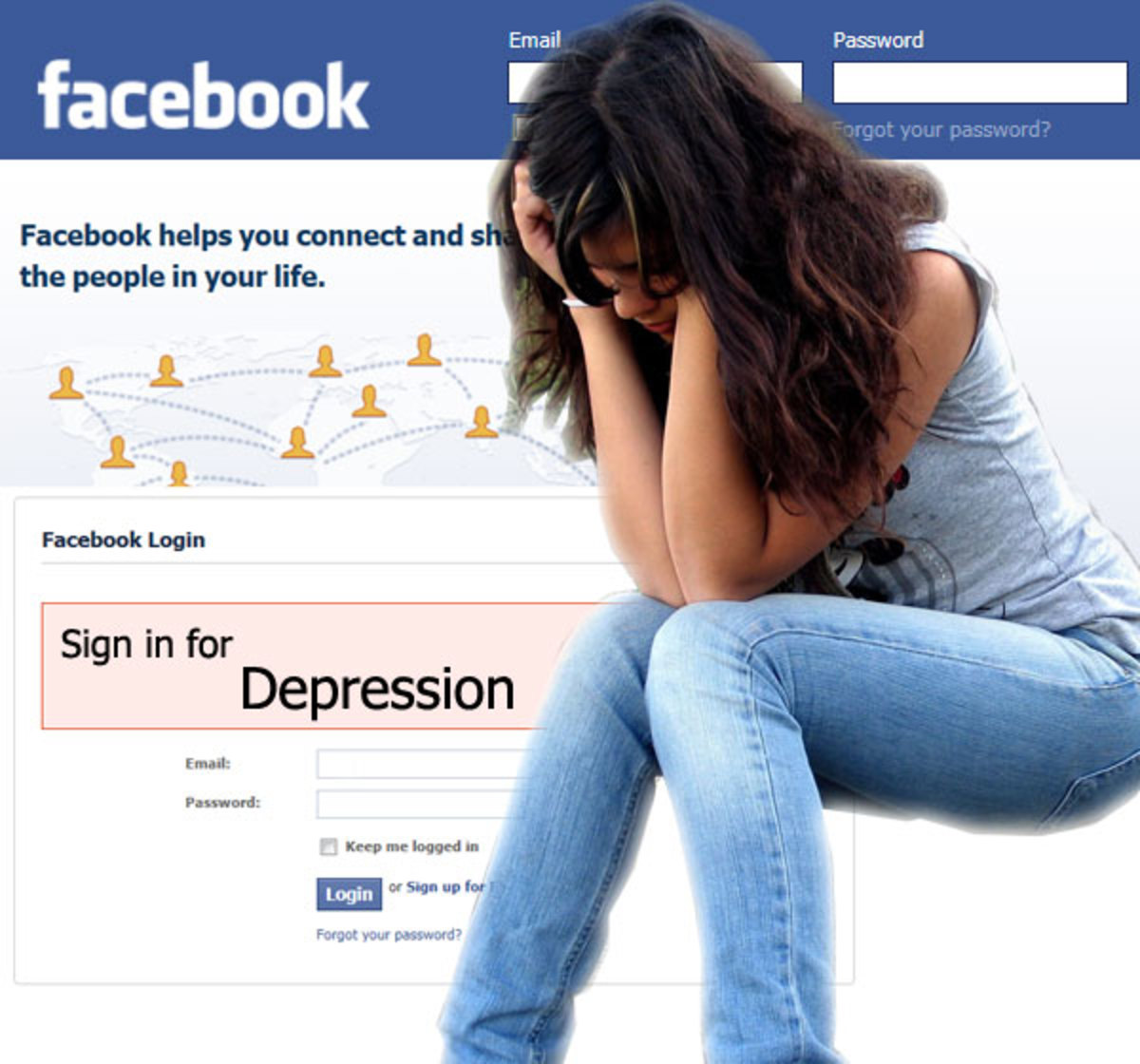Dealing with Telephone Stalkers

The Evolution of Telephone Stalking
Telephones offer a marvelous way for you to stay connected with others. Despite being miles away, you can maintain closeness to those who are important to you. They also help in times of emergency. With the punch of a few buttons or just one if you have speed dial, you are connected with those who are important. As a parent, it is a wonderful way to stay in touch with your children and your spouse. This wonderful tool now has the capability of sending pictures and text messages as well. These capabilities bring new thrills and ways of staying in touch.
Although phones offer many new wonders, in the hands of stalkers they are a nightmare. In previous generations, telephone stalkers were a nightmare. They often called repeatedly. Since we are conditioned to always answer the phone, there is a compulsion to answer even late at night. Upon answering you were vulnerable to the stalker on the other end. If you were raised to have good manners, you did not want to be rude and just hang up. Stalkers knew this and often kept you on the line until they finished their attack and hung up. The only defense at that time was to get an unlisted phone number, although that was an expensive undertaking and you risked people not being able to find you.
With the use of answering machines, there was a new defense against stalkers. You no longer had to answer the phone and hear them. The stalkers picked up on the learning curve rather quickly, leaving their harassing messages on the machines. Although they left their messages, you could erase them as quickly as you heard the familiar voice.
Even with the answering machine, the stalkers could launch long distance attacks. They could call from other cities or states. Some stalkers even found ways around the unlisted number obstacles.
The next technological leap was the advent of caller ID. With caller ID, you could identify the stalker and refuse their calls. Some stalkers countered this by blocking their number from being seen. For some reason, stalkers want to know a great deal about you, yet maintain their own anonymity. As technology advanced, you could even block the stalkers number. This was a high point in combating stalkers on the phone.
With the increased use of cell phones, the danger of stalkers exploded. Once they had your number they can call you, text you or even send photos and videos to you. The very tools that allow you to enjoy important people now brings a new level of intrusiveness as well. Some stalkers have even figured out how to program texts and messages to go out at particular given times. They no longer have to spend their time stalking you, they can automate it. For this reason, keeping your cell phone contact information protected is imperative. Putting your contact information out to the public risks increased exposure to stalkers.
The combining of cell phones with social media exposes you to a new type of stalker. People who have never even met you may begin stalking you for whatever reason, including identity theft. The more they know about you, the more information they have to be able to convince others that they are you. It is not longer about just harassing you, now stalkers can steal your money and who you are. They are not just an irritation, they now get into your lives and into your head. With the use of social media, they can find out who your family members are, where you live and who your friends are. With these new pieces of information, there is a new level of harassment possible. Since so many phones have social media applications, knowing how to deal with them is important in reducing stalking.
Since there are few regulations on social media, it is like the wild west. In the past, manners and good raising helped people know how to behave and interact. With social media and a generation often lacking in manners, there is a greater risk of abusive and harassing language. In such an environment, you can give them a piece of your mind and they can also give you a piece of their mind as well. The answer to the harassment, like unwanted television shows is to turn them off. You do not have to answer or respond to each comment on your profile or blog.
When the stalking types have false identities and avatars, they can harass you under their new screen name. By hiding behind an identity, you are no longer sure who your stalkers are. The way to lessen this threat is knowing what the privacy controls are and learning how to use them. Just because someone wants to be your friend, you do not have to be ‘nice’ and accept them. Stalkers often count on you being nice and then exploiting your niceness.
Another new danger with cell phones and social media like four square are programs that allow stalkers to identify people living in their area. Although knowing all the members of a particular gender who are single living in your area is wonderful for those who are dating. In the hands of a stalker, it becomes a new way of finding targets. Like an animal on the hunt, stalkers look for victims, rather than using their social skills to develop relationships. Such programs remain a threat whether or not you sign up with the service.
Another potential stalking danger are spy and GPS programs. When stalkers have access to your cell phone, they can activate or download tracking programs. Such programs may be good for suspicious parents of troublesome teens or even the protective types, yet in the hands of a stalker, they are a nightmare. With such programs, they can find you by tracking where you phone goes.
Stopping stalkers is no longer as simple as refusing to answer a phone call or getting an unlisted number. With cell phones, you need to protect your contact information both online and on your phone. You also need to protect your phone when you are not using it. This means being careful about who has access to it. You will also need to be careful about strangers wanting to use your cell phone. With cell phones it is also possible to be stalked without knowing that it is happening.









